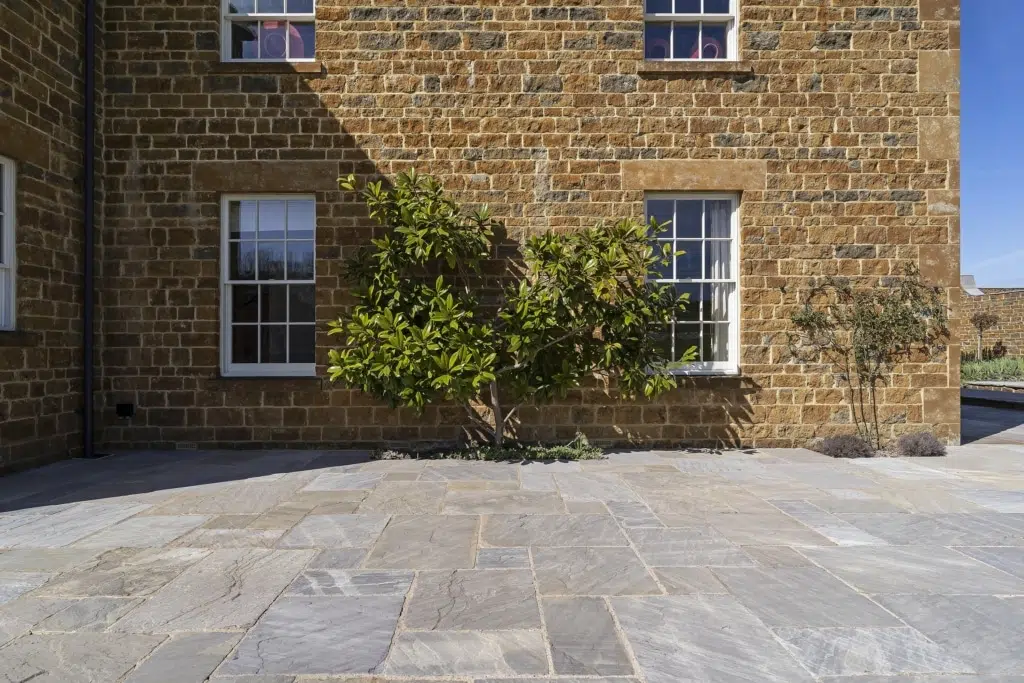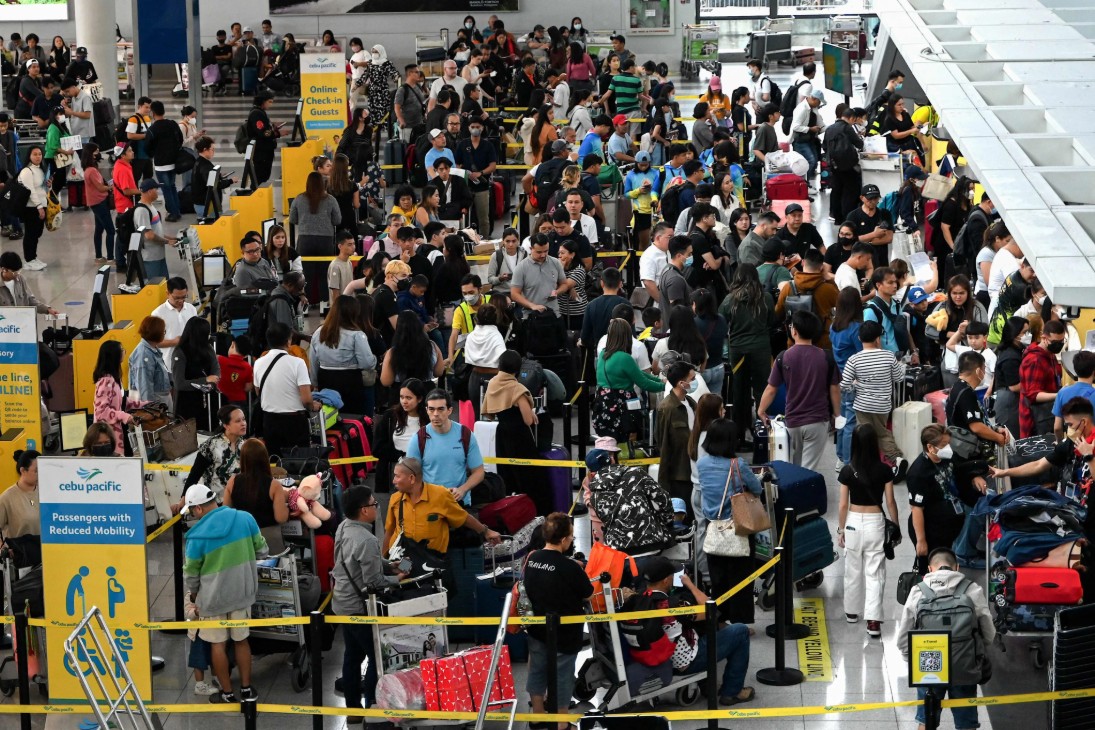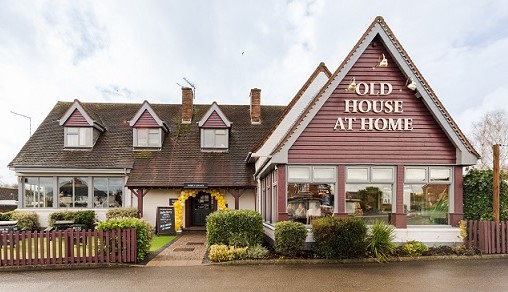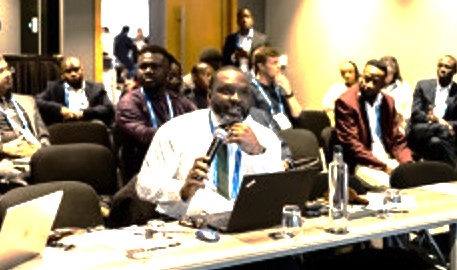Concerns highlighted by Ofsted over the quality of secondary education in Sandwell’s schools, most of which are academies, have sparked a call for action to be taken to raise standards and improve GCSE results.
Sandwell education bosses say the authority will be more assertive with borough academies which are performing below the national average for being either good or outstanding. A report before Sandwell’s cabinet says Ofsted ratings for Sandwell schools are significantly different between primary schools and secondary. The report states that in Sandwell 82% of primary-age children are attending good or outstanding schools but in the secondary sector this is much lower at 53% compared to 71% nationally.
At present eight-two of the ninety-four primary schools in Sandwell are maintained by the council while 12 of the 17 high schools are independent academies outside council influence. The report says academies currently causing most concern over their performance in Sandwell are ACE Academy and Wodensborough Academy following significant falls in their GCSE performance this year, placing them below the 40% floor standard and taking account of their current Ofsted judgements.
Holly Lodge, a council- maintained secondary school, may also be below the floor standard when recent Key Stage 4 results are validated, although it is currently judged to be a good school by Ofsted, says the cabinet report. Bristnall Hall Academy, Oldbury Academy and Mesty Croft Primary Academy have all fallen below a good Ofsted rating since becoming academies. RSA Academy, Ormiston Sandwell Community Academy and Forge Academy are all rated as ‘requires improvement’ by Ofsted inspectors.
Councillor Darren Cooper, leader of Sandwell Council, said: “The aspiration and attainment of all young people in Sandwell schools is a central concern of the council and we would be wrong to turn our back on these schools just because successive governments have altered the traditional role of an education authority in the running of them. “We want to support the many hard-working teachers, headteachers and governors, as well as pupils, at our schools and this report is about getting the very best outcomes to secure improvements in Ofsted ratings and GCSE results.”
Sir Michael Wilshaw, head of Ofsted, has called on councils to challenge the performance of academies in their areas and in London a more assertive approach has seen educational attainment improve faster than anywhere else in the country in the past ten years. Haringey is ranked as the thirteenth most deprived council area, Sandwell is fourteenth, in the country, yet one hundred percent of secondary-age pupils in Haringey attend good or outstanding schools.
Councillor Cooper said: “We need to look at the way we can work with the secondary sector and challenge academies’ performance on behalf of our young people. We have a duty to all children in Sandwell, regardless of what schools they attend. While we may not have a legal obligation to help and support academies, we do have a moral obligation. What I intend to do is call a summit to all of these school heads and chairs of governors to see how Sandwell Council can help them do better.”
The report recommends that Sandwell’s director for education is authorised to take a significantly more robust approach to challenging secondary academy performance, revising the council’s approach to working with secondary schools and academies, and to hold to account the Department for Education and the Regional Schools Commissioner for improving academy performance.
It also suggests that the director for education should consult headteachers, academies, governing bodies, academy sponsors and the Regional Schools Commissioner on the changes required to bring about a step change in secondary school performance.
The report recommends Sandwell’s Quality and Standards Performance Board reports the performance of all schools, to the cabinet member for Sandwell Children’s Services on a regular basis.
It wants the director and cabinet member to seek performance improvement plans and regular performance review meetings with schools that have poor Ofsted ratings or low GCSE results, or are failing to improve with sufficient speed, irrespective of their governance arrangements.
It also suggests the director for education requests regular updates on the impact of support and interventions to academies provided by the Department for Education through the Regional Schools Commissioner’s office.
















